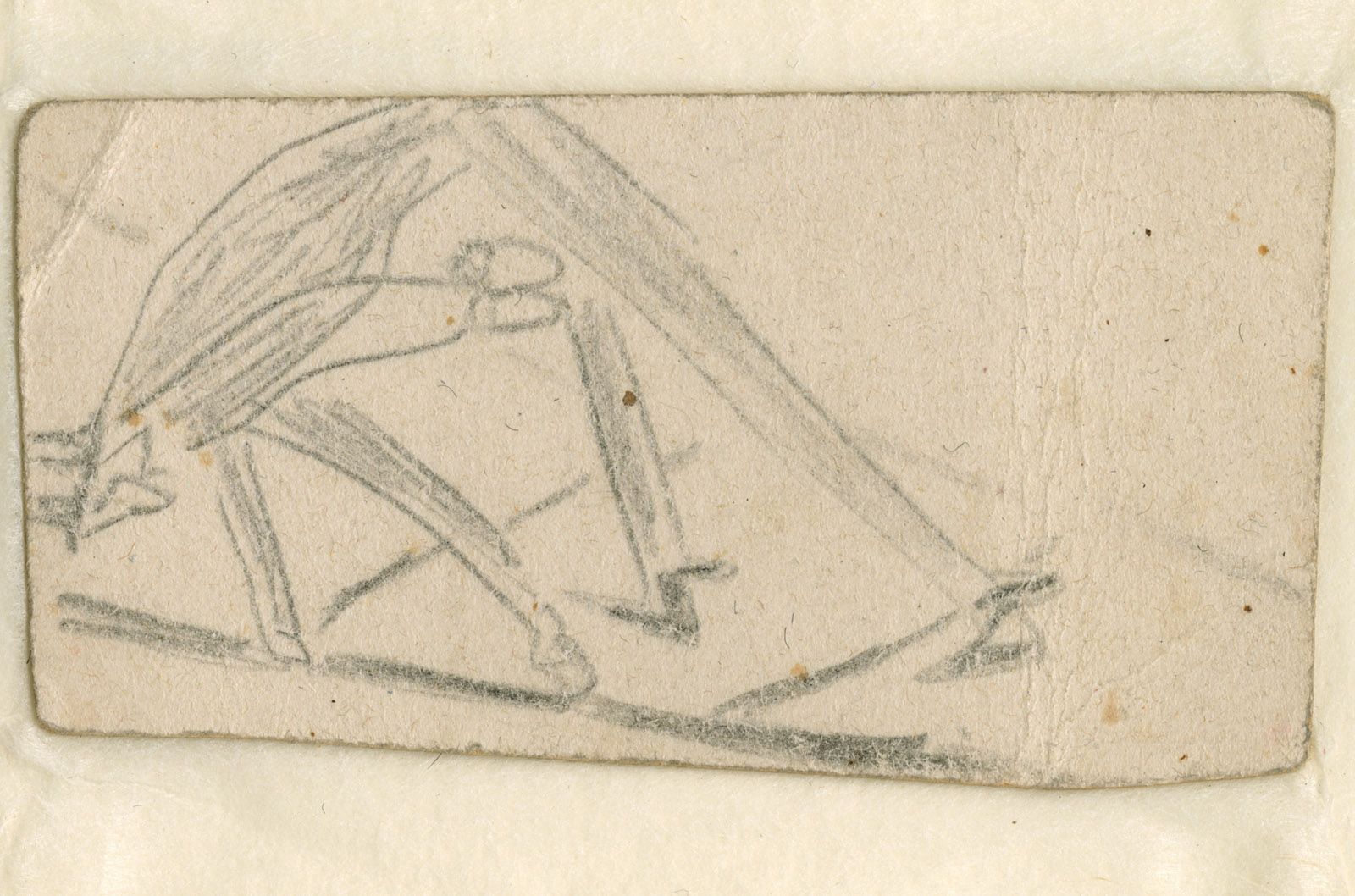
Program

Kafka stands, like few other authors, for existential writing that appeals to readers and recipients worldwide. Every generation is provoked or inspired anew by him; every generation therefore seeks its own ways of accessing his person and his work, seeks new forms of appropriation. 3 June 2024 will be the centenary of Kafka’s death – and to mark the occasion, the three institutions that hold the world’s largest Kafka collections, the National Library of Israel, the Bodleian Libraries Oxford, and the German Literature Archive Marbach, are joining forces to present exhibitions and events that explore Kafka as a global author while simultaneously presenting his work against local contexts.
Kafka is without doubt one of the most widely read authors in world literature today, but also one of the most enigmatic. Using original documents and previously unseen items from its archive, the DLA aims to examine the author Kafka from the perspective of his contemporaries, while still presenting him in our modern contexts. The DLA’s approach highlights Kafka’s origins and his life in the melting pot of Prague, his reading and writing processes, the worlds of his words and images. Above all, however, the exhibition at the DLA traces how Kafka has been read and the productive and artistic reception of his works. Who was this Kafka, this »extraordinary and profound world«, as Milena Jesenská described him in her obituary of the author? What do his library and the evidence of his reading (for example, in letters) reveal about Kafka the reader? To what extent did his reading choices inspire his writing? How did his texts come about? What do the manuscripts reveal about Kafka’s way of working and writing, for example, through his handwriting, corrections, deletions and additions, and what about him as a reader of his own texts? How were and are the texts of this world author, who provoked each generation anew, read? Where and how do these texts change depending on the context, place, and time of their reading? Why and how does his literature become an inspiration for other media?
On display are manuscripts, letters, photographs, and memorabilia related to Kafka from the holdings of the DLA – including The Trial and shorter stories such as Richard and Samuel and The Village Schoolteacher as well as letters to Grete Bloch (and via her to Felice Bauer), Max Brod, Josef David, Willy Haas, Milena Jesenská, Ottla Kafka, Hedwig Weiler, and Felix Weltsch, among others. To these treasures can be added items that present Kafka’s traces - whether memories, readings, or other acts of reception – that can be found in the archives and author libraries of others, from Kafka’s contemporaries to present-day authors. Kafka’s manuscripts and testimonies are thus confronted with manuscripts, letters, books, and documents by Ilse Aichinger, Hannah Arendt, Max Bense, Hans Blumenberg, Paul Celan, Peter Handke, Hermann Hesse, Siegfried Kracauer, W. G. Sebald, and Martin Walser. A special position in all this is held by the estate of the renowned Kafka scholar Hartmut Binder, who has presented the DLA with a collection of Kafka’s rare ›lost books‹ as well as original photographs of Kafka, his parents, and his sister Ottla.
In a ›Kafka-Lab‹, which is being created as part of a research collaboration with the Leibniz Institute for Knowledge Media in Tübingen, visitors can use VR glasses to immerse themselves in the ›manuscript universe‹ of Kafka’s Trial. They are encouraged to reflect on Kafka’s style by choosing from a selection of texts, some of which are original text passages – but others are AI-generated ›Kafka texts‹. Is it a real Kafka text – or not? And, finally, visitors can compare their reading of The Trial with other readers by using an interactive station to see how others read the text and what reaction it triggers in them. Visitors can also record their own reading experiences, not only inscribing themselves into the exhibition, but also becoming part of an empirical research project.
›Kafka’s Echo‹ is funded by the German Federal Government Commissioner for Culture and the Media. The accompanying programme (social media, seminar series and educational programme) is funded by the Federal Foreign Office.
Further information: https://www.dla-marbach.de/.
Franz Kafka, drawing by his own hand. Photo: DLA Marbach.